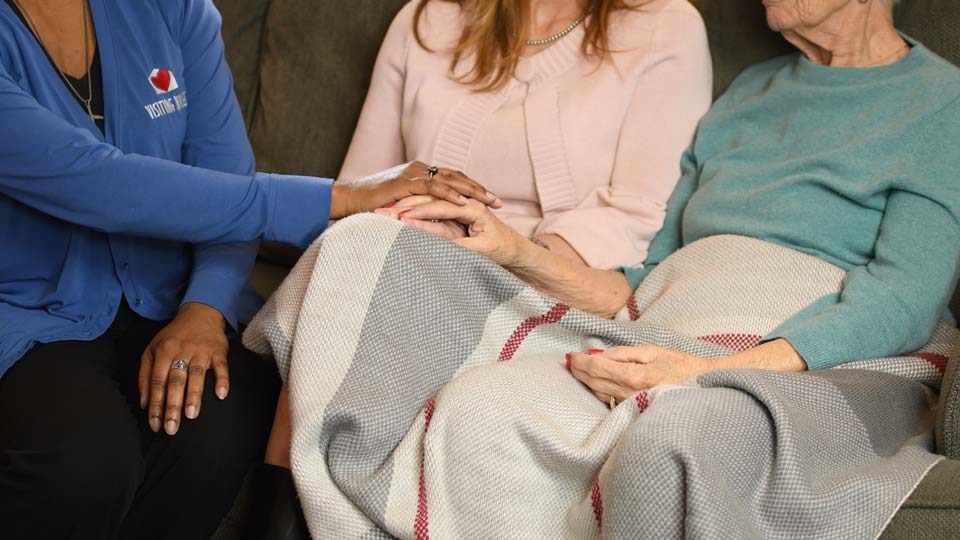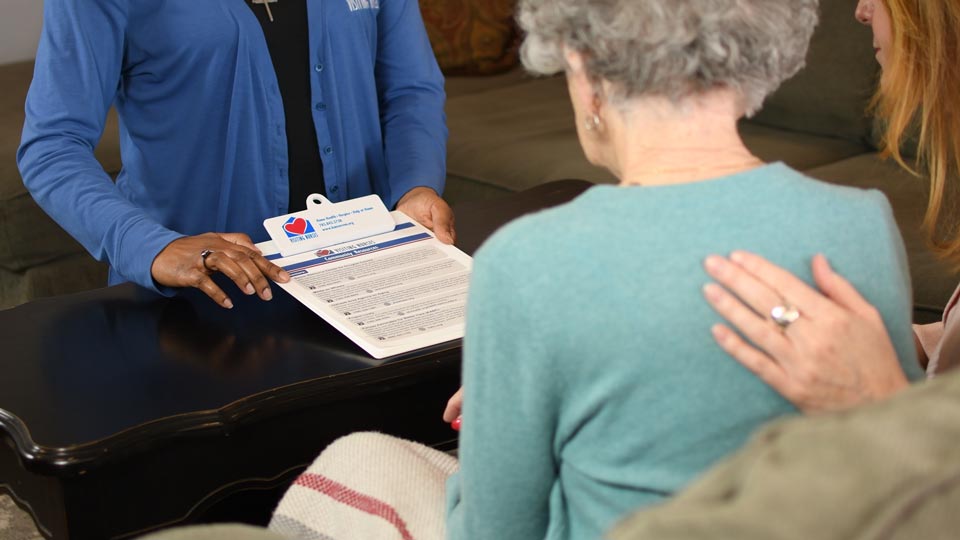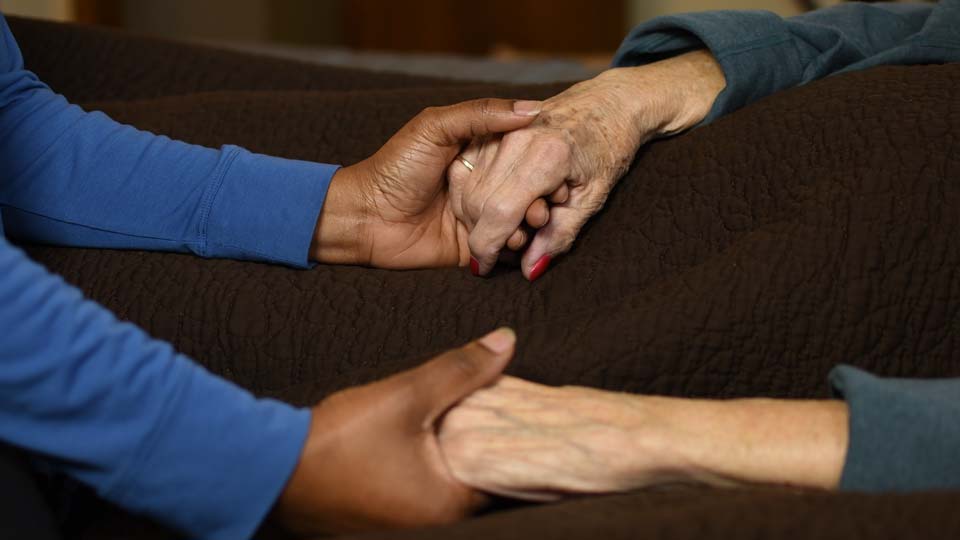Most everyone is familiar with a Birthing Doula, a person trained to provide advice, information, emotional and physical comfort to a mother before, during and just after childbirth. Not many people know that Doulas can help at any stage of life, including the end-of-life. An end-of-life Doula is there to support, educate and advocate for an individual’s life journey and to assist them through the inevitable experience. Using a Doula can help give the individual more control over their experience. As a Hospice Manager with Douglas County Visiting Nurses, I have seen that there are groups of people in our communities who are not getting all the help and support they need to have the enriched end-of-life experience they deserve.

As the push for palliative care continues, it has opened a new window for those chronically ill individuals who are not quite ready to think about hospice, but who want to continue curative options. Due to insurance guidelines, individuals are not able to benefit from the support of hospice services while receiving those curative services. Therefore, individuals are not able to fully benefit from the emotional and practical end-of-life planning that hospice is normally able to address.
This is where Doulas, along with palliative care programs and physician guidance, can help the individual maintain a better quality of life. An end-of-life Doula is not only there to provide extra support through the dying process, but to also help individuals who are either terminally or chronically ill navigate a variety of challenges. The end-goal is to reduce stress and help them live their best life.

Death and dying can be such a taboo topic. Having an end-of-life Doula can help the individual and their loved ones better navigate through their fears. End-of-life Doulas bring a valuable set of knowledge and resources with them to help both the individual and their loved ones through struggles they are facing – to talk through things, to address fears and concerns, and to find peace. There are benefits of having these important conversations, both before the individual passes, and after so loved ones can take an important step into the healing process.

These are a few ways end-of-life Doulas can help:
- Serve as an expert guide to assist individuals and loved ones through end-of-life decisions that feel overwhelming
- Support the individual through the process so they can live their best life
- Be an advocate for the individual’s choices
- Provide bereavement support
- Guide them through the process of writing living wills, advanced directives and funeral planning
In essence, the Doula’s job is to make sure that everyone’s journey happens the way they want it to. Every plan is created with the individual’s wishes in mind, and the Doula is merely the guide. With a Doula supporting the individual’s journey, they can experience a non-medical, non-judgmental, holistic path, and the Doula can relieve unnecessary stress and anxiety for everyone involved.
Monica Rose, RN
Hospice Manager
Douglas County Visiting Nurses Association